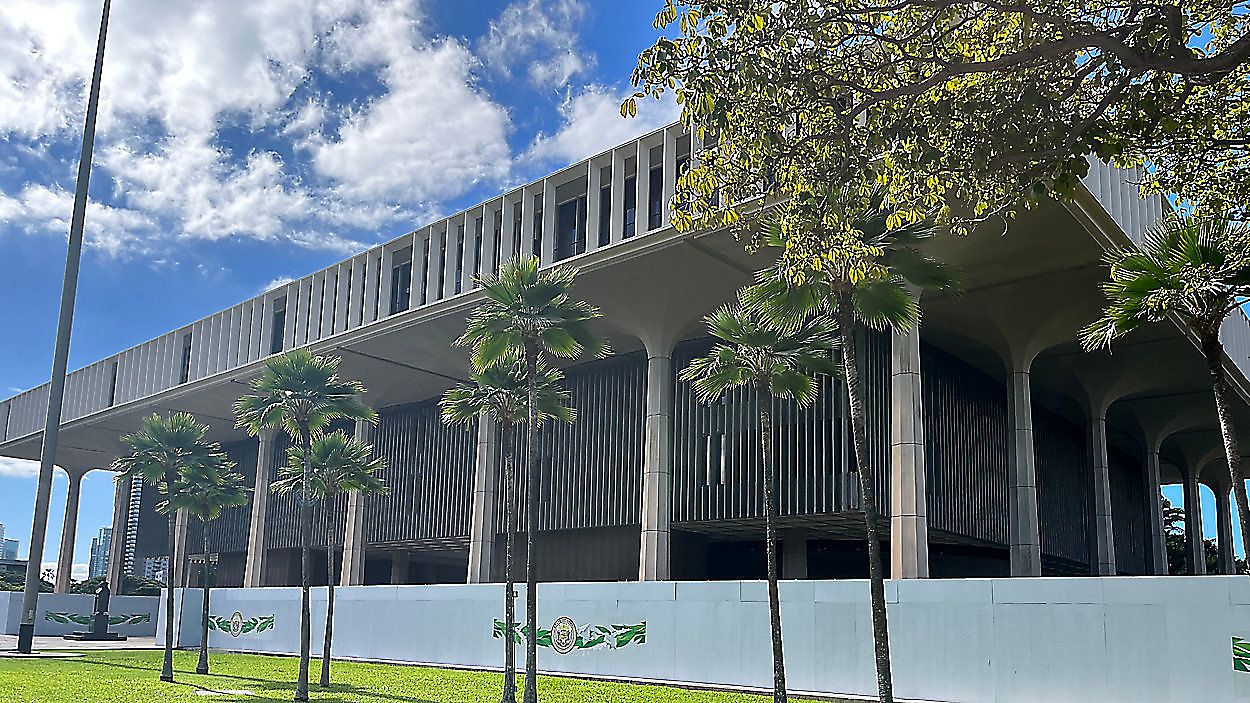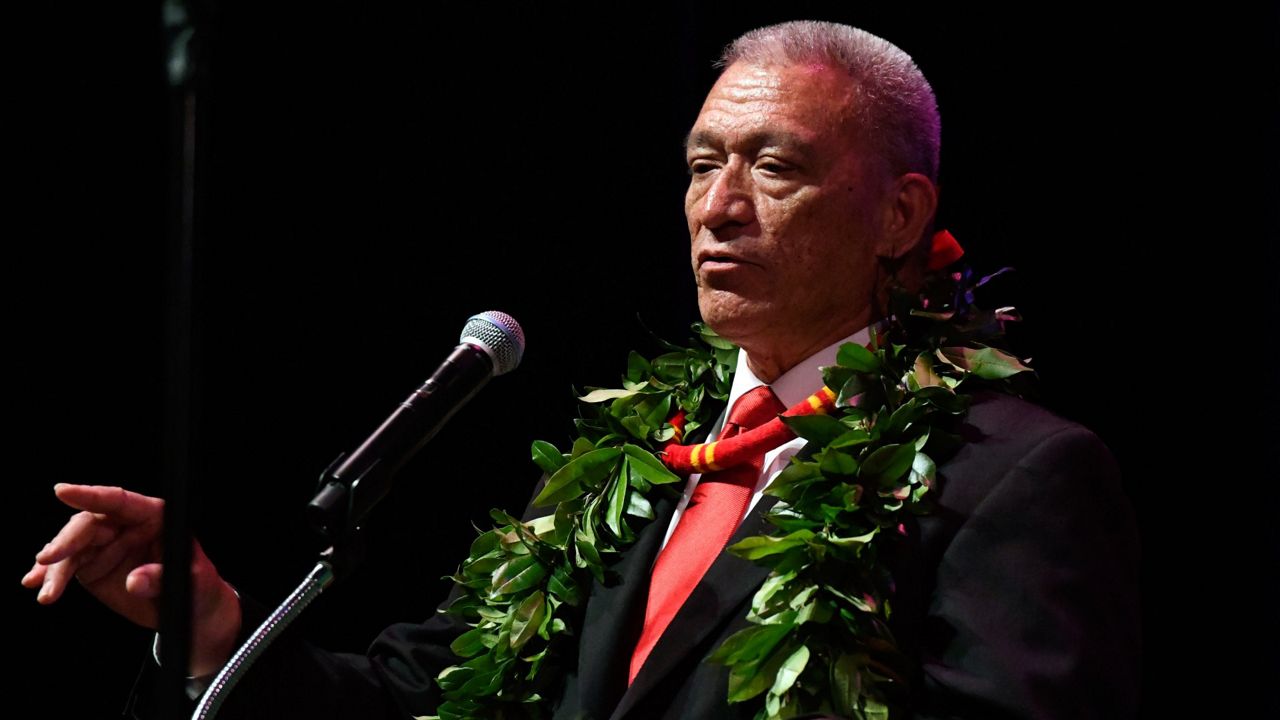With the 2024 session drawing to a close, the state Legislature moved Wednesday to remediate what it identified as a significant “incongruity” in the way medical services are distinguished regarding General Excise Tax.
Under current law, only medical services provided at a nonprofit hospital, infirmary or sanitarium are exempt from GET, but services rendered by individual or group practices or clinics are fully taxable. Government health programs such as Medicare, Medicaid and TRICARE do not compensate for the tax differential, which requires some providers to absorb the difference.
Under Senate Bill 1035 (Senate Draft 2, House Draft 1, Conference Draft 1), hospitals, infirmaries, medical clinics, health care facilities, pharmacies and medical and dental providers would all be exempted from GET on goods or services that are reimbursed through Medicaid, Medicare or TRICARE.
The measure unanimously passed final reading in both chambers. It now moves to Gov. Josh Green for final consideration. If enacted, the bill will take effect on Jan. 1, 2026.
“At the behest of my constituents from Hilo who are local medical practitioners, I proudly introduced Senate Bill 1035 to address the issue of unsustainable taxation on health care services in Hawaii, particularly impacting underserved populations covered by Medicare, Medicaid and Tricare,” said Sen. Lorraine Inouye. “With a dwindling number of providers able to accept these essential insurances, the bill aims to relieve financial burdens and stimulate economic growth by exempting health care and dental services from the General Excise Tax.”
Inouye said the measure especially benefits rural health care providers and patients.
“Additionally, SB1035 promotes equity and access to health care, strengthens our health care infrastructure, and ensures compliance with federal regulations,” she said. “With endorsement from over 155 professionals, I could not be more thrilled that SB1035 has passed the Legislature. This transformative bill will enact meaningful change in our health care system.”
The state is dealing with a shortage of nearly 800 physicians. A survey of physicians conducted by the University of Hawaii’s John A. Burns School of Medicine found that eliminating the GET on medical services could be an effective means of recruiting and retaining more physicians.
Sen. Joy San Buenaventura, chair of the Senate Committee on Health and Human Services, called the passage of the bill “a momentous occasion.”
“Unlike store owners who are allowed to pass on General Excise Tax to consumers, the federal government makes it illegal for medical providers of Medicare, Medicaid and TRICARE services to pass on General Excise Tax to their patients,” San Buenaventura said. “Thus, by requiring these medical providers to pay General Excise Tax, we are actually dismissing them by increasing their costs. With this bill’s passage, we remove a major disincentive in servicing the underserved community and hope we can prevent the further loss of physicians, dentists and other medical providers, and save the health industry approximately $74 million per year.”
Hawaii Medical Association president Elizabeth Ignacio likewise celebrated what she characterized as a “historic” day for the medical community.
“This legislation returns fairness to the taxation of medical practices, allowing more physicians to work in Hawaii and increasing access to care for Hawaii’s most vulnerable populations,” she said. “The members of the Hawaii Medical Association thank our government leaders for their foresight in passing this important legislation; this is a critical step in creating the medical infrastructure needed for a healthier Hawaii.”









